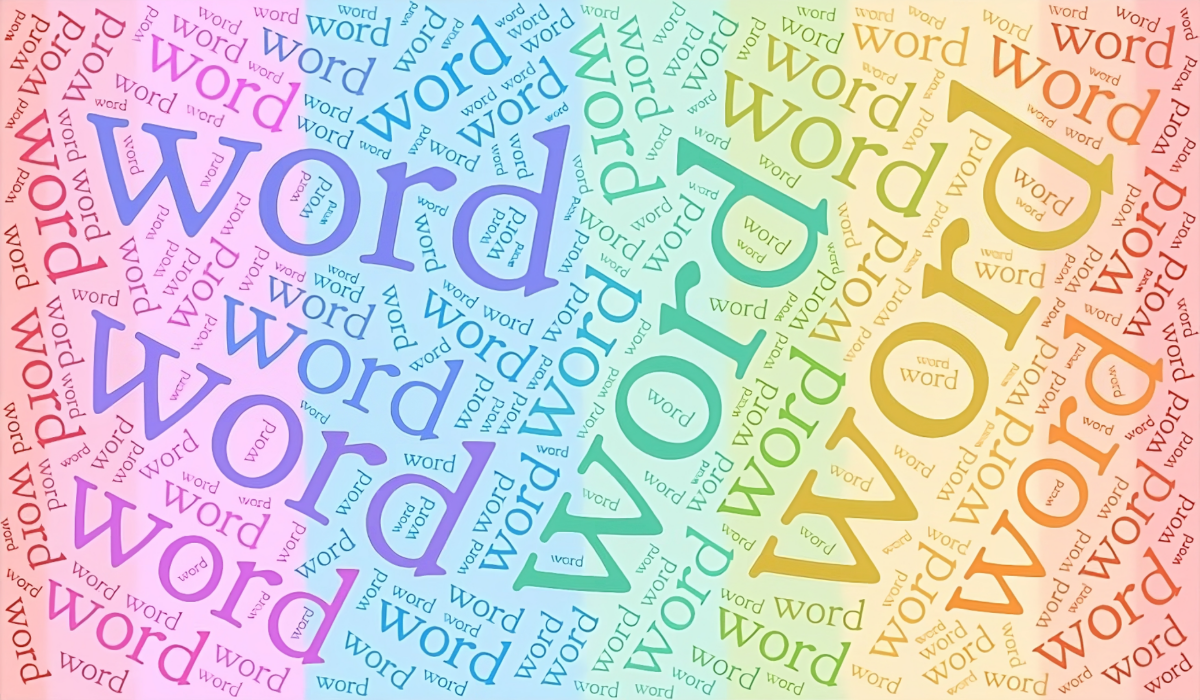What Happens When Words Lose Meaning?
Ever said a word over and over again until it starts to sound weird? Like, really weird—almost like the word has lost its meaning entirely? That’s called semantic satiation, and if you’ve ever experienced it, you know how unsettling it can be. Suddenly, a word you’ve used all your life feels like a random noise or collection of letters. But what if I told you that this temporary detachment from meaning is not just a quirky brain trick—it’s actually an opportunity to dive deeper into how we use language and how our minds work?
A Quick Look at Semantic Satiation
Here’s the deal: when you repeat a word over and over again, your brain sort of short-circuits. It’s like your mind gets tired of processing that word, and eventually, it stops meaning anything to you. You’re left with a hollow sound or a string of letters that feels empty. It’s a bit like looking at a foreign language, where the symbols have no immediate meaning for you. You don’t have the instant connection between the word and what it represents—you’re in a state of detachment.
This is where it gets really interesting.
The General Semantics Connection
If you’re familiar with Alfred Korzybski’s general semantics, you’ll see an important connection here. Korzybski argued that language is an abstraction of reality—it’s not the thing itself, but a symbol representing the thing. He famously said, “The map is not the territory,” meaning that words are just tools we use to navigate the world, not the world itself.
In a way, semantic satiation is like your brain hitting the reset button on that map. When a word becomes meaningless through repetition, you’re suddenly aware that it’s just a symbol. It doesn’t have any inherent meaning—it’s something you assign meaning to. In this moment, you can see language for what it really is: a tool for understanding, not the thing itself.
So, What Can You Do During Semantic Satiation?
Believe it or not, when you’re in a state of semantic satiation, you’re in a unique position to learn something about how your mind works. It’s not just a funny brain glitch—it’s a chance to think more deeply about language and perception. Here are a few things you can try:
1. Reflect on the Detachment
Once a word loses its meaning, take a moment to reflect on that detachment. What does this word usually mean to you? How does it shape your thoughts or reactions? Realizing that the word is just a symbol can help you become more mindful of how you use language in the future.
2. Reframe the Word
Since the word feels foreign now, use that to your advantage! Try to look at it from a new angle. What other meanings or associations can you come up with? Think of synonyms, metaphors, or even just emotions the word evokes. This is a great way to stretch your creative muscles and break out of verbal habits.
3. Consider Levels of Abstraction
In general semantics, Korzybski talked a lot about levels of abstraction. Basically, it’s the idea that language moves from more concrete (specific) to more abstract (general) as we try to explain the world around us. When you’re in semantic satiation, it’s a perfect time to ask yourself: “How does this word fit into different levels of abstraction?” For example, if the word is “tree,” think about it as both a specific tree and the general concept of “treeness.” It’s a fun way to explore how language builds our understanding of the world.
4. Break Verbal Habits
Have you ever noticed that in conversations, we often rely on the same words and phrases over and over? After experiencing semantic satiation, you might be more aware of how automatic and habitual some of these words are. Use this awareness to break free from verbal ruts and try out new ways of expressing yourself.
Language Shapes Thought—But Not Always in the Way You Expect
Another takeaway from semantic satiation is how much power language has in shaping our thoughts. When a word loses meaning, it’s like you’ve momentarily disconnected from the normal way your brain interprets it. This can lead to some pretty cool insights into how language controls not only how we communicate, but also how we think.
You might start to ask yourself, “How much of my thinking is shaped by the words I use? What happens if I step outside those words, even just for a minute?” This is a core idea in general semantics—the idea that words are not reality, but abstractions of it. So, by stepping away from words (even temporarily), you might be able to think more clearly or creatively.
How It Relates to a Foreign Language
Interestingly, semantic satiation can feel a bit like staring at a foreign language. In both cases, there’s no immediate attachment to meaning. In a foreign language, you’re trying to find the meaning in unfamiliar symbols. In semantic satiation, the meaning is temporarily lost, but the result is similar—words feel like empty vessels. This highlights how much we rely on context, familiarity, and learned associations to give language its power.
Final Thoughts
Semantic satiation isn’t just a weird brain trick—it’s a window into how we process language, how we assign meaning to symbols, and how deeply words shape our understanding of the world. It aligns perfectly with Alfred Korzybski’s ideas from general semantics, especially his idea that language is a tool, not the reality itself.
So next time you repeat a word until it stops making sense, take advantage of that moment. Use it to reflect on how language works, how you’re using it, and how you might think or communicate differently by recognizing the limits and flexibility of words. After all, the map is not the territory—but sometimes, a break from the map can help us understand the territory even better.
